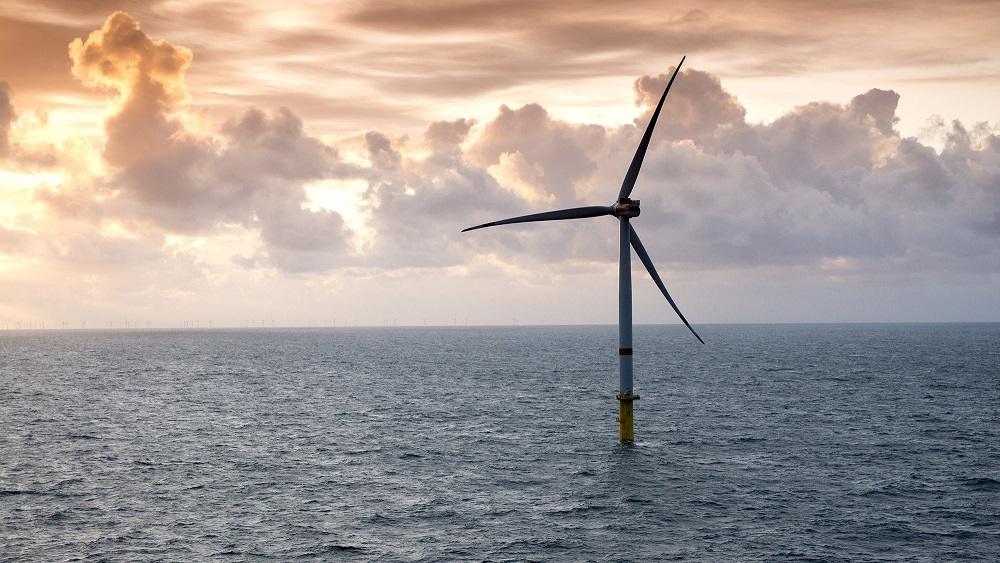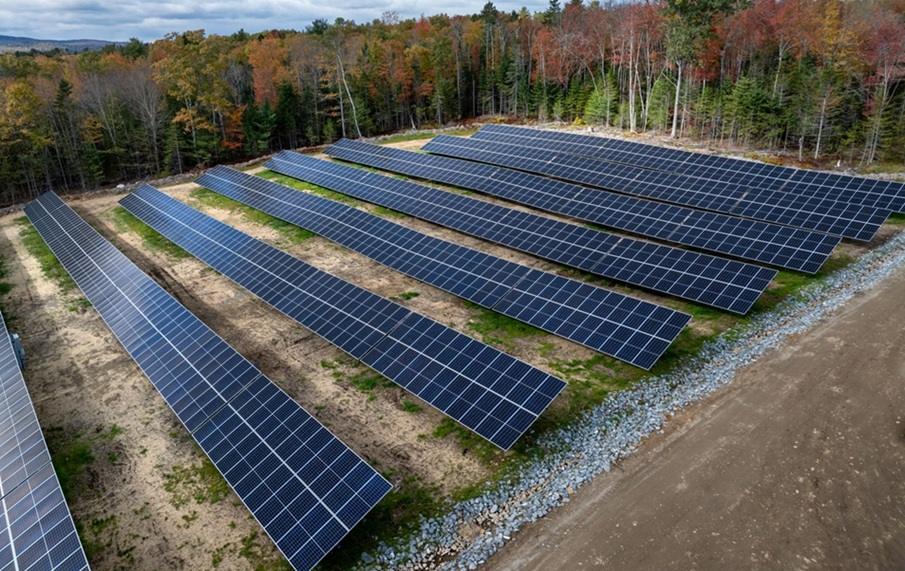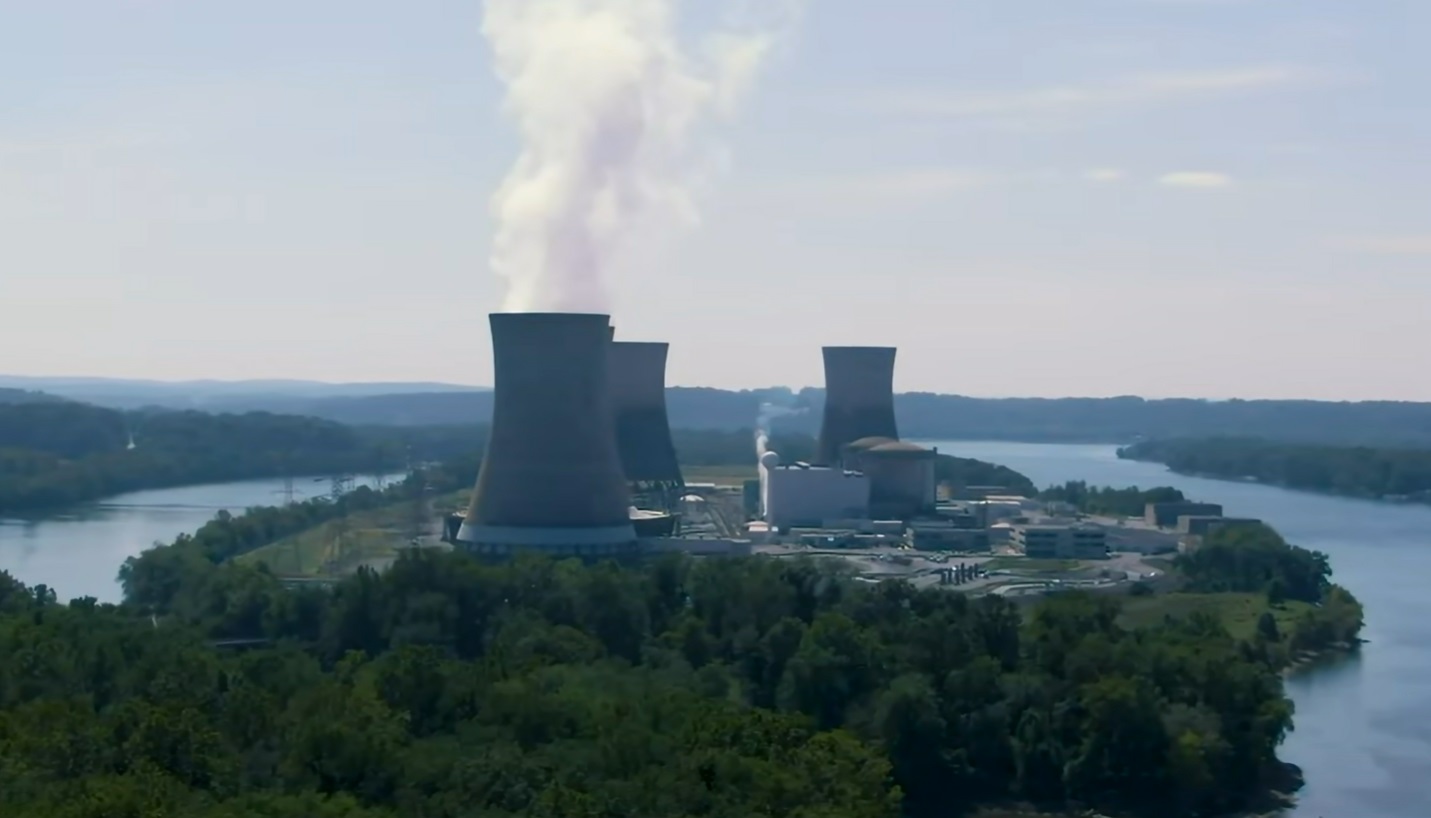Ukraine War, Inflation Reduction Act Driving Fossil Fuel Demand Down, Renewables Higher: bp
Events of past year accelerating energy transition
Energy giant bp announced the release of its Energy Outlook 2023 today, exploring its scenario forecasts over the next three decades, based on global energy trends and uncertainties.
Following major events over the past year – most notably the Russia-Ukraine war, in addition to the recent passage of the U.S. Inflation Reduction Act – bp’s forecasts have changed significantly since its 2022 outlook, with scenarios predicting an accelerated energy transition, including lower demand for fossil fuel-based energy, and a greater share of renewable energy in the mix over the next several years.
bp’s chief economist, Spencer Dale, said:
“The events of the past year have highlighted the complexity and interconnectedness of the global energy system. The increased focus on energy security as a result of the Russia-Ukraine war has the potential to accelerate the energy transition as countries seek to increase access to domestically produced energy, much of which is likely to come from renewables and other non-fossil fuels.”
bp’s Outlook reports explore three key scenarios, including “Net Zero,” and “Accelerated,” which both are broadly in line with Paris-consistent IPCC scenarios, with both assuming significantly tighter climate policies, while Net Zero also envisions shifting societal behavior and preferences, and “New Momentum,” which aims to capture the current trajectory of the global energy system.
One of the key themes of the report is the impact to the long-term outlook resulting from the disruption to global energy supplies and associated energy shortages caused by the Russia-Ukraine war. The war, having highlighted the importance of energy security and affordability, is expected to drive demand for domestically produced renewables and other non-fossil fuels over the next several years, in addition to driving overall lower energy demand due to its long-term impact on economic growth and energy efficiency measures.
Each of the three scenarios in this year’s report show the importance of fossil fuels declining driven by a growing share of renewables and increased electrification. Since the 2022 report, for example, oil and natural gas demand in the New Momentum scenario for 2035 have been reduced by more than 5%, with renewables demand increasing by around 5%, and nuclear higher by 2% as well.
The events of the past year also led to a significant change in forecast carbon emissions, particularly in the New Momentum scenario’s emissions, dropping relative to the 2022 outlook by nearly 4% for 2030, and more than 9% for 2050. Despite the decreased prominence of fossil fuels, however, bp maintains that oil will continue to play a major role over the next 15-20 years in each of the scenarios.
Other key themes from bp’s 2023 outlook include the increasing government support for the energy transition, particularly the passage of the Inflation Reduction Act in the U.S., along with the need for even more government support – including policies to facilitate quicker permitting and approval of low-carbon energy and infrastructure – to scale decarbonization efforts, the growing use of cleaner fuels such as biofuels and hydrogen to help decarbonize hard-to-abate sectors, and the central role of carbon capture and storage in decarbonization.
Dale added:
“Global energy polices and discussions in recent years have been focused on the importance of decarbonising the energy system and the transition to net zero. The events of the past year have served as a reminder to us all that the transition also needs to take account of the security and affordability of energy. Any successful and enduring energy transition needs to address all three elements of the so-called energy trilemma: secure, affordable and lower carbon.”
Click here to access bp’s Energy Outlook 2023.






